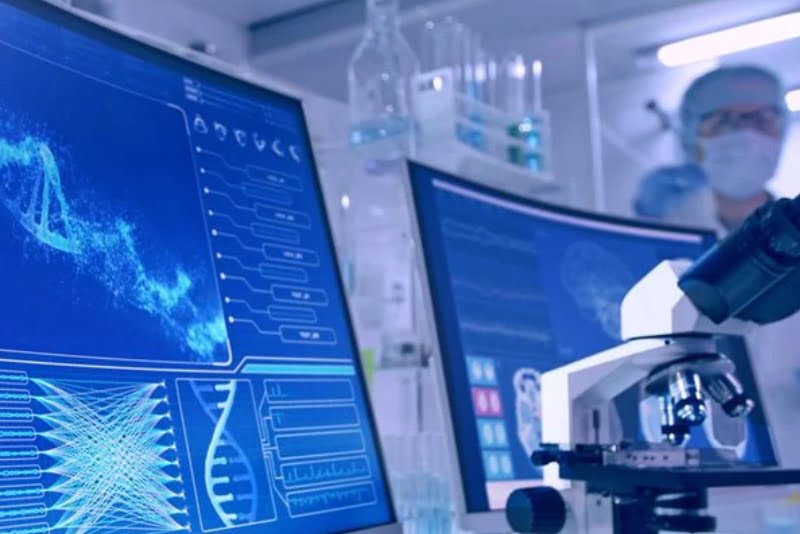
Unleashing the Power of AI: Transforming Real-World Evidence and Health Economics in Biopharma
March 19, 2024
Within the dynamic and ever-changing biopharmaceutical sector, Artificial Intelligence (AI) is spearheading a revolution in the way we harness and interpret Real-World Evidence (RWE) and Health Economics and Outcomes Research (HEOR). These critical fields are instrumental in showcasing the real-world efficacy, safety, and economic value of healthcare interventions. As decision-makers across the healthcare continuum, from regulatory agencies to payers and healthcare providers, increasingly depend on solid evidence for making pivotal decisions, AI emerges as a transformative force, redefining traditional approaches to data analysis and evidence synthesis.
The AI Edge in RWE and HEOR
AI's capability to digest and analyze extensive datasets far surpasses human ability, positioning it as a key player in unlocking the potential of RWE and HEOR. This goes beyond mere data volume handling; AI algorithms excel in detecting patterns, trends, and insights that would be elusive through manual analysis.
AI algorithms delve into diverse data sources such as electronic health records (EHRs), insurance claims, patient registries, and wearable device outputs to generate insights on healthcare interventions' performance in real-world settings. This type of evidence is crucial for understanding how treatments fare beyond the controlled environments of clinical trials in terms of effectiveness and safety.
When it comes to HEOR, the impact of AI is equally groundbreaking. Through the analysis of healthcare utilization, cost, and outcome data, AI can offer in-depth insights into the economic value of interventions. This encompasses evaluating new drugs' cost-effectiveness, understanding diseases' economic burdens, and identifying potential savings from preventive measures or more efficient care pathways.
Enhancing Regulatory Decisions and Market Access
AI-driven RWE and HEOR significantly influence the regulatory domain. Regulatory bodies like the FDA and EMA are progressively recognizing RWE in supporting regulatory decisions, including drug approvals and post-market monitoring. AI-generated evidence can provide a richer understanding of a drug's performance across various populations and real-world conditions, potentially speeding up approvals and broadening drug indications.
In the pricing and reimbursement arena, the scrutiny over healthcare interventions' value is intensifying. AI-powered HEOR can present compelling evidence of economic value, aiding in negotiations and ensuring that pricing strategies are in line with the actual benefits of treatments.
Navigating Challenges and Seizing Opportunities
Integrating AI into RWE and HEOR comes with its set of challenges, including concerns over data privacy, data quality and interoperability, and the demand for AI models to be transparent and explainable. Moreover, leveraging AI successfully necessitates a collaborative effort, merging expertise from data science, clinical medicine, and health economics.
Despite these hurdles, the opportunities for AI to enhance RWE and HEOR are immense. By facilitating a deeper and more precise understanding of healthcare interventions in real-world contexts, AI is setting the stage for more effective, safe, and economically sound healthcare solutions. For the biopharmaceutical industry, this not only opens doors to expedited drug development and approval processes but also enables the demonstration of their innovations' true value to patients, providers, and payers.
In essence, the integration of AI into RWE and HEOR marks a significant turning point in the biopharmaceutical industry. As we continue to exploit AI's capabilities, the prospects for improving patient outcomes and propelling healthcare innovation are brighter than ever.
© 2024 ITSoli
